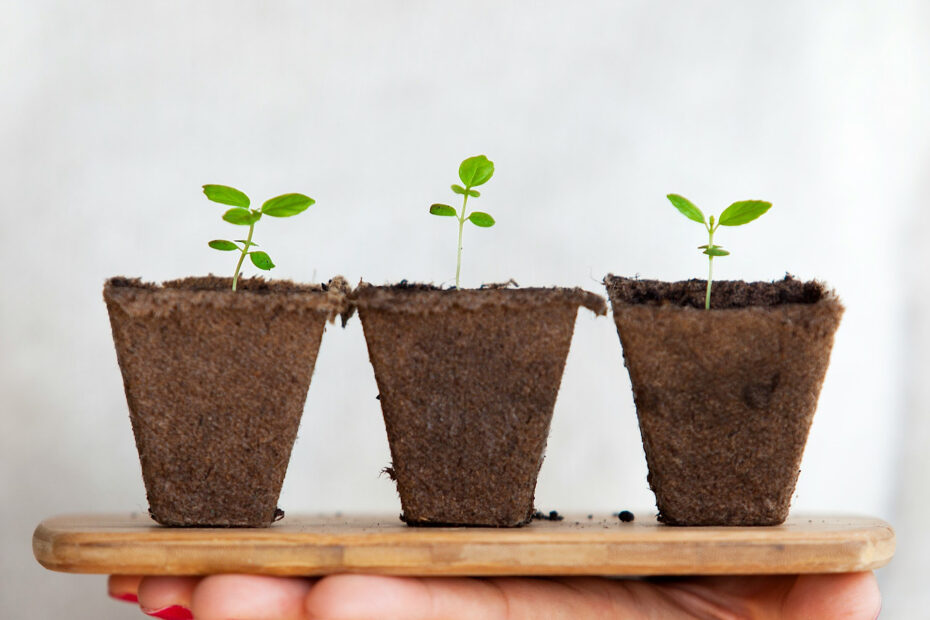Today’s topic is Heirloom Seeds – Come bloom with me!
As we await the approach of spring, our thoughts turn to the garden. The first green that pops through the soil in my raised bed is my rhubarb; and it never fails to conjure up a little magic for me. Its tiny, unfurling foliage whisper a promise of warmer weather and sunshine. If you are new to planting your own produce and flowers, I’d like to share three companies I’ve had great success with when purchasing seeds for my garden beds.
I’m personally a fan of heirloom varieties. After we chat, you may have a better idea if they appeal to you when selecting seeds. I’ll outline a few facts about each vendor, share their website info and de-mystify some of the vocabulary you may come across in their descriptions.
Each of these companies offer vegetable, fruit, herb and flower seed. The price icons are only a comparison to one another.
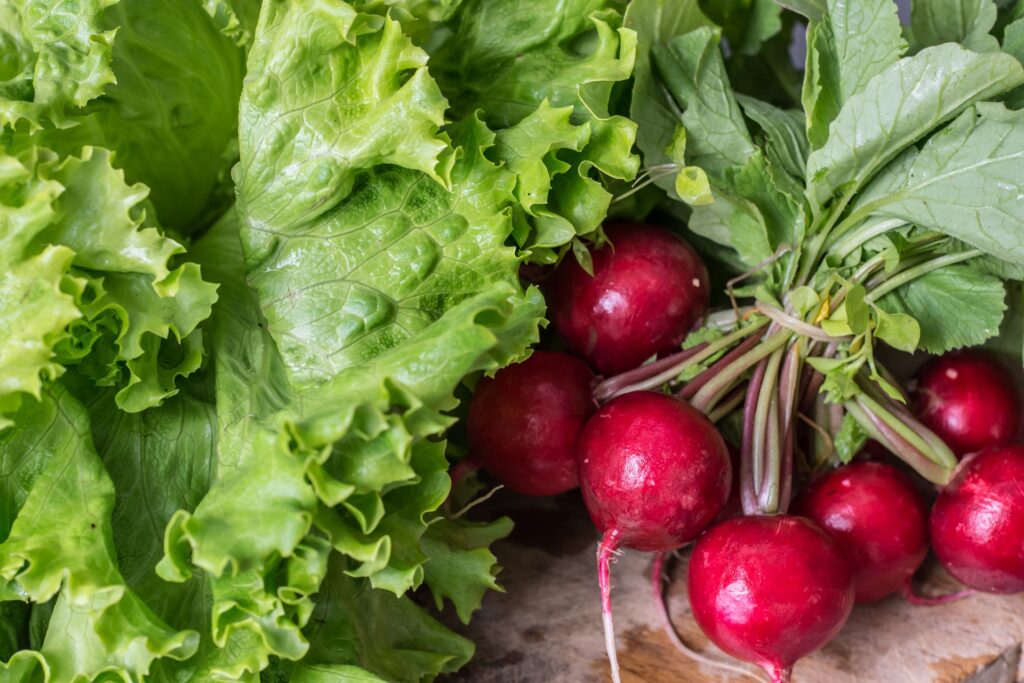
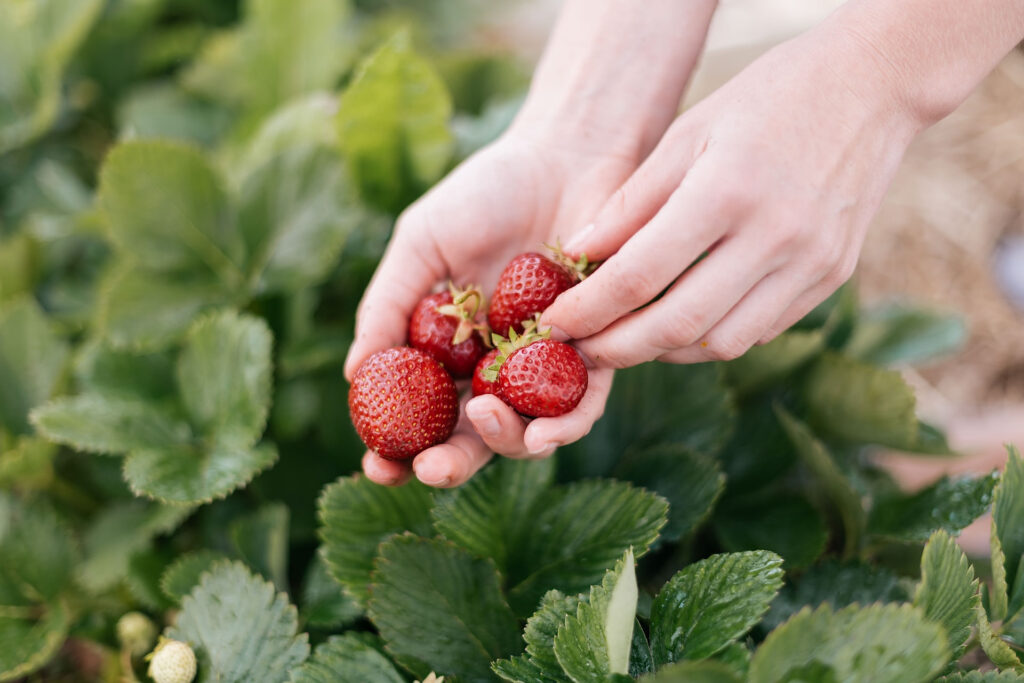
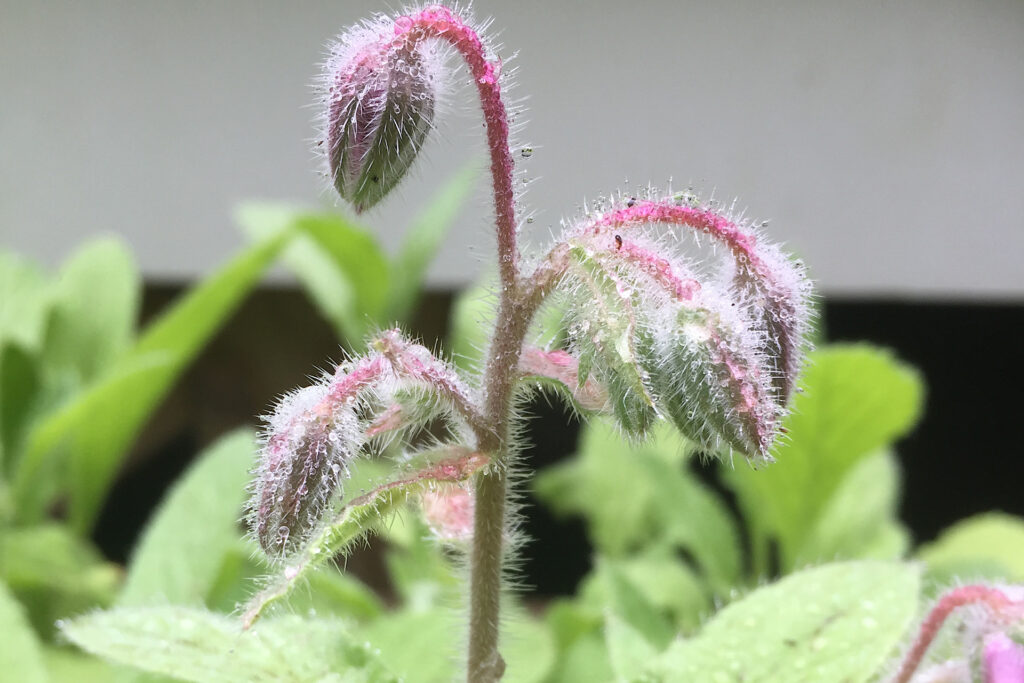
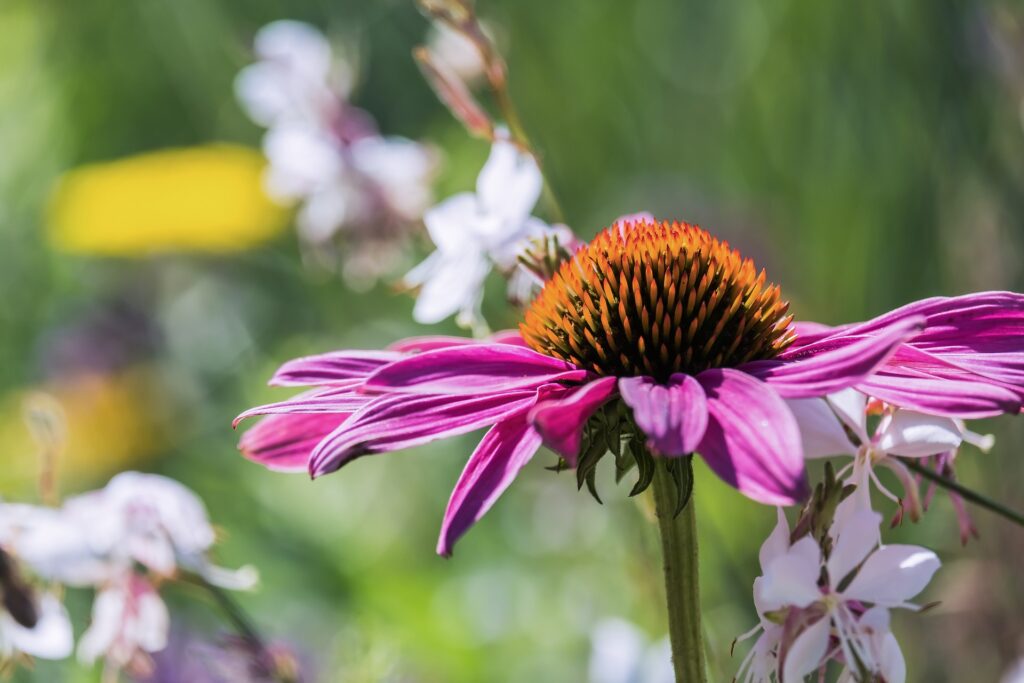
Baker Creek Heirloom Seeds
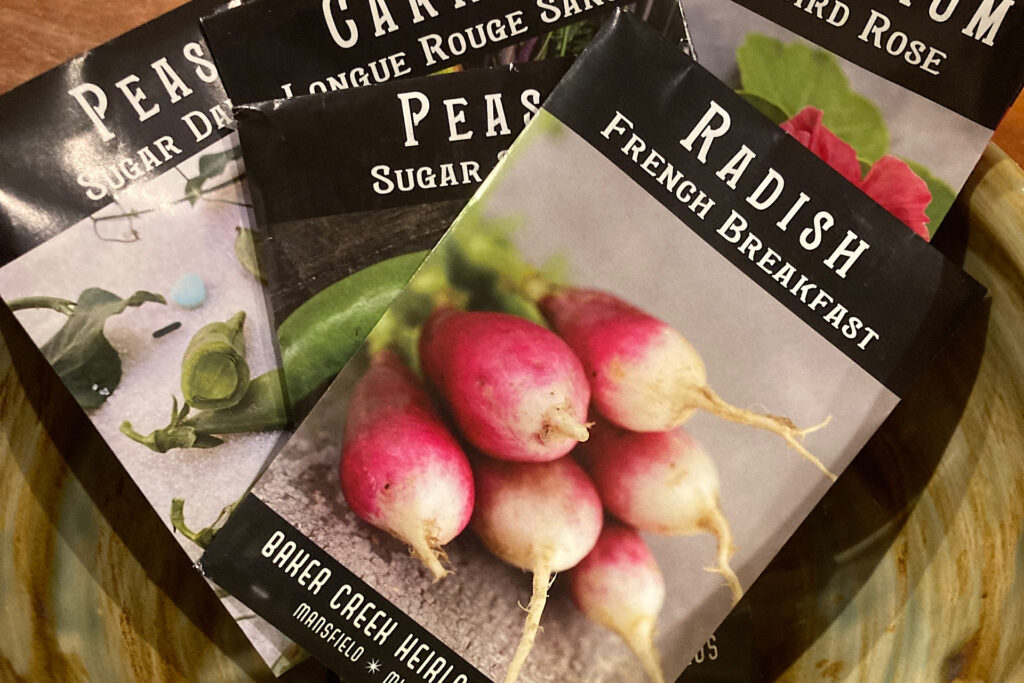
- Established: 1998
- Mission: …to provide the seeds of a sustainable food supply for everyone and keep heirloom varieties alive for future generations. We believe that farmers, gardeners, and communities have the right to save their own seed, and in so doing preserve seed diversity and food security in an age of corporate agriculture and patented, hybridized, or genetically modified seeds.
- Offerings: heirloom and open-pollinated varieties, non-GMO
- Catalogue: online and printed
- Packet Price: $$
- Shipping Fees: free shipping
- Safe Seed Pledge: yes
- Website: Baker Creek Heirloom Seeds
MIgardener
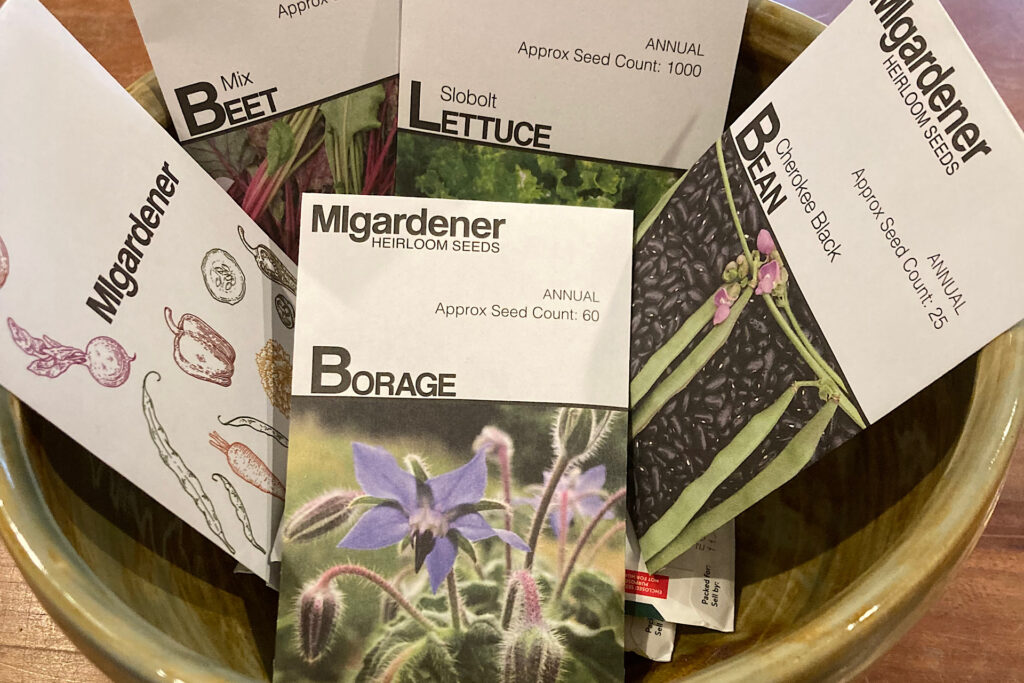
- Established: 2001
- Mission: We believe gardening should be made fun and accessible to anyone of any skill level. We hope that by making this gardening information accessible, it will empower others to establish food security through home gardening. The MIgardener community now acts as a center of information, encouragement, and hope for all. Our slogan “Grow Big or Go Home” was created to help drive home our mission. We believe that when you put 100% effort into something, you will get 110% back.
- Offerings: heirloom, non-GMO
- Catalogue: online only
- Packet Price: $
- Shipping Fees: free shipping with minimum purchase
- Safe Seed Pledge: N/A
- Website: MIgardener
Johnny’s Selected Seeds
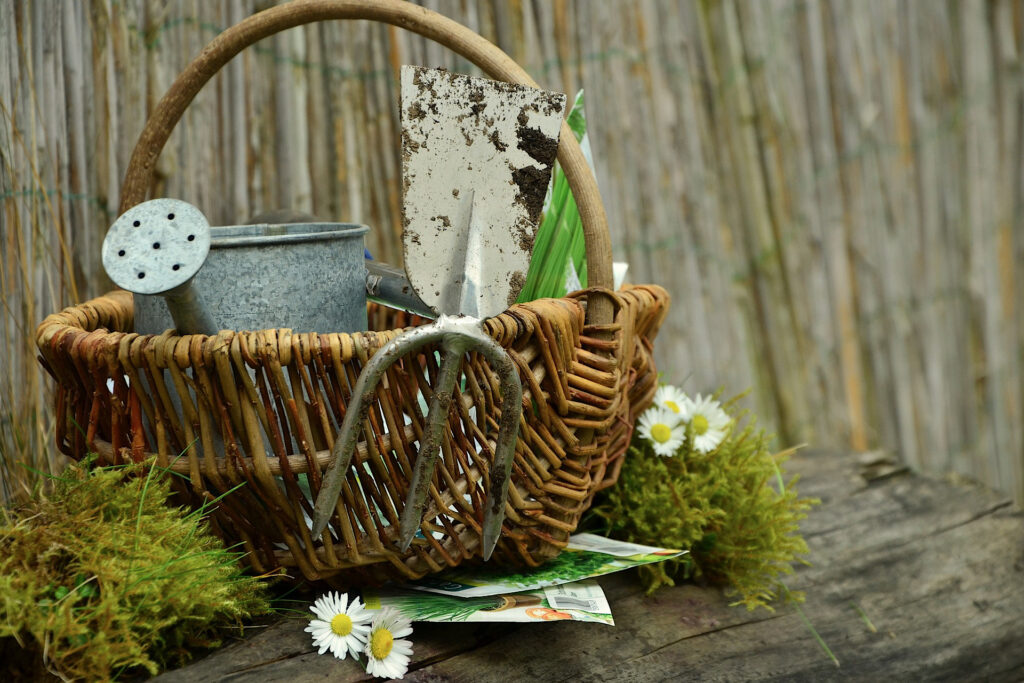
- Established: 1976
- Mission: We are farmers and gardeners with decades of hands-on experience in the field. Our company was founded to help families, friends, and communities to feed one another by providing superior seeds, tools, information, and service. Johnny’s Selected Seeds is 100% employee-owned — which means that every single one of us is committed to your success. It’s as simple as that.
- Offerings: heirloom and open-pollinated, non-GMO, hybrid, organic and enhanced varieties
- Catalogue: online and printed
- Price: $$$
- Shipping Fees: free shipping on large orders
- Safe Seed Pledge: one of the 9 original signers of this pledge
- Website: Johnny’s Selected Seeds
Vocabulary
Now that I’ve provided three seed sources for you to explore, I’d like to define a few of their listed offerings.
Among these are: heirloom, hybrid, organic and non-GMO varieties. I’ll also share details of the Safe Seed Pledge.
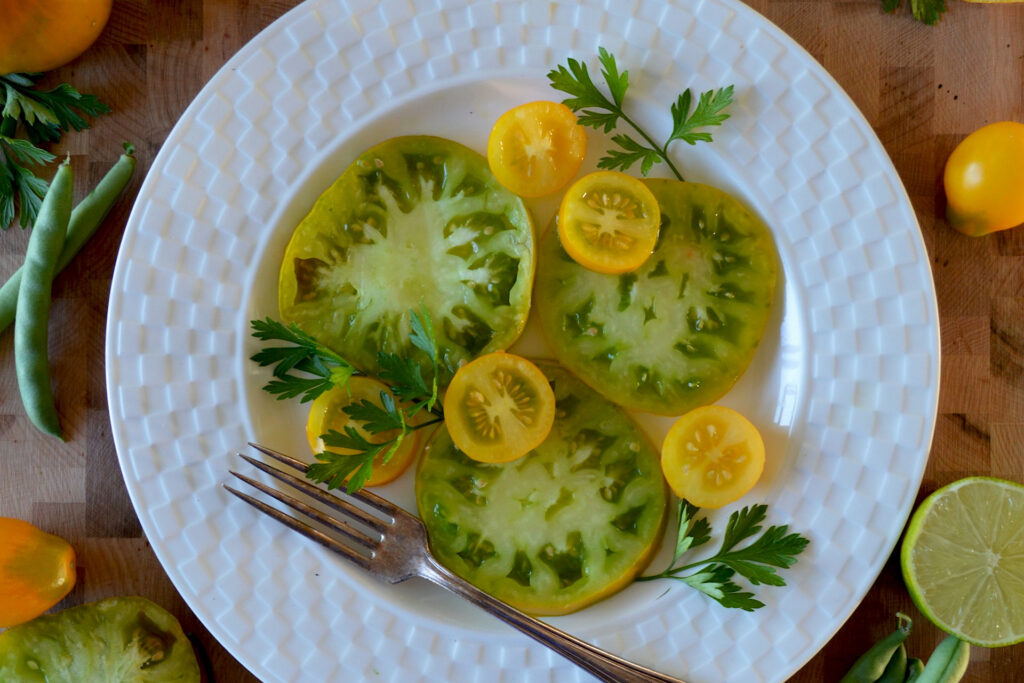
Heirloom Seeds
If you research, you’ll find that there is debate on the definition of an heirloom seed. Most articles agree that to be an heirloom, the seed variety must pre-date the era when hybrid seeds were first introduced (in 1951). In layman’s terms: heirloom seeds are old varieties that have been passed down for generations.
Heirlooms are also described as being open-pollinated plants. This means that pollination occurs naturally – by insects, birds, wind, or animals. The seeds produced by heirloom varieties will grow true-to-type generation after generation as long as the flowers are pollinated by the same variety. Open pollination also allows plants to adapt to local growing conditions over time. There are some exceptions to open pollination in the squash family (including pumpkins) and brassica family (broccoli, cauliflower, brussels sprouts, cabbage). Varieties within each family will readily cross-pollinate. For instance, it isn’t recommended to save seed from a squash or a pumpkin grown in the same vicinity. The offspring will not resemble their parent plant if they have cross-pollinated.
Heirloom seeds can be saved, shared and traded. As Baker Creek Heirloom Seeds mission statement points out, seed saving supports seed diversity and food security. The Center for Agriculture, Food, and the Environment at the University of Massachusetts Amherst states: “From a biological and ecological perspective, perpetuation of heirloom vegetables is critical to the preservation of genetic diversity. In that sense, even the backyard gardener who grows ‘hand me down’ varieties is doing a great service in preserving this invaluable gene pool.”
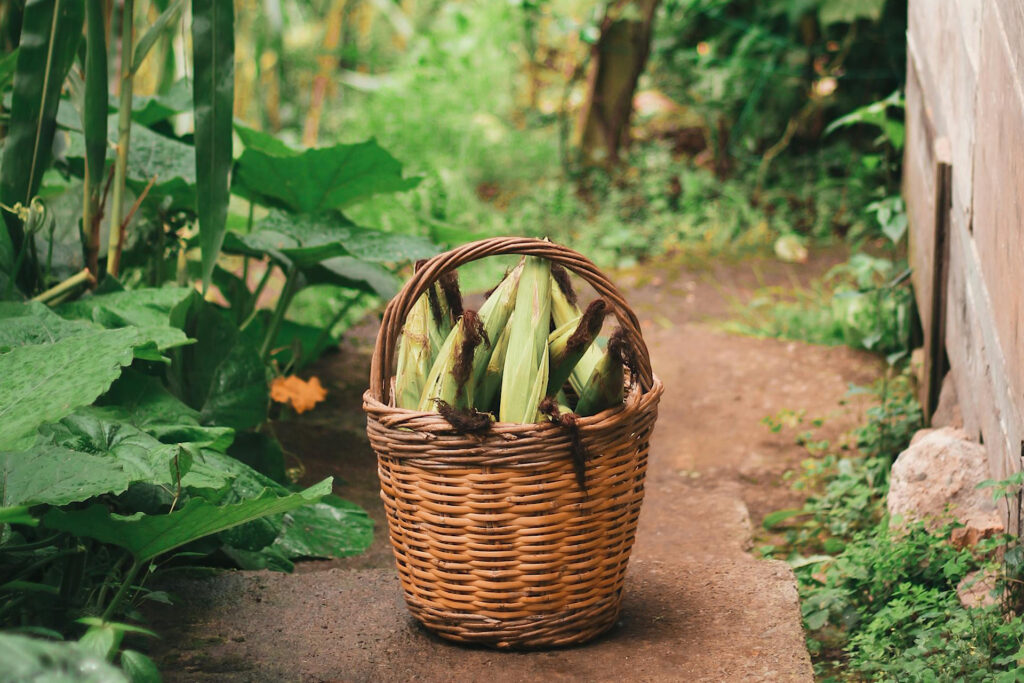
Hybrid Seeds
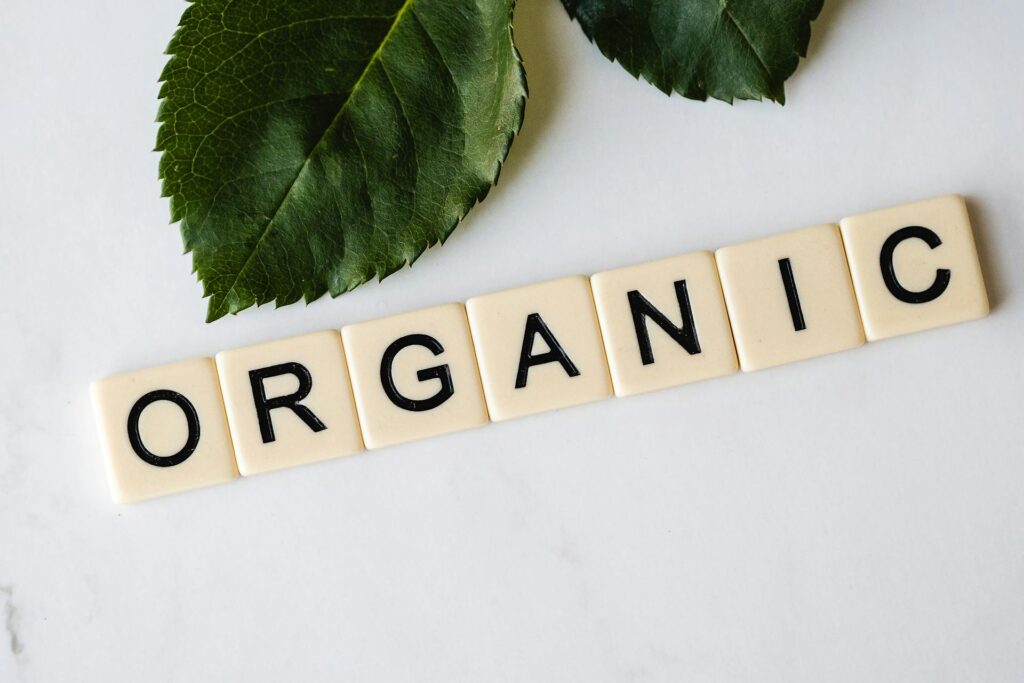
Organic Seeds
Organic seed production is produced following National Organic Standard practices. This is a set of rules created by the United States Department of Agriculture as part of the Organic Foods Protection Act of 1990.
Johnny’s Selected Seeds describes organic choices in their catalog by stating: “To be labeled as certified organic, seeds must have been grown, harvested, stored, and handled in accord with the rules and procedures outlined by the NOP (the USDA’s National Organic Program). Certified organic seeds cannot contain genetically-engineered traits; must be grown under certified organic conditions using only those inputs — eg, fertilizer, weed, and pest controls — allowable in organic agriculture; and packed in a certified facility.”
This is a good time to point out that each of the seed companies I highlighted above state that their seed offerings are non-gmo. GMO is short for for Genetically Modified Organism. GMOs are created by inserting genes from one species into an unrelated species. MI Gardener points out: “Anyone concerned about getting GMO seeds when shopping at a big box store or seed retailer has nothing to be worried about. Genetically modified seed is only ever sold to large commercial farmers. GMO seed is never being sold to small home gardeners. Further, GMO seed manufacturers are focusing on crops like soybean, sugar beet, cotton, and corn, NOT on things like tomatoes, squash, cucumbers, carrots, lettuce, or peppers.”
*Update: There is now a genetically modified Purple Tomato made with snapdragon DNA available to home gardeners to start by seed. If you’d like to learn more, I’ve added this link to an article published by NPR.
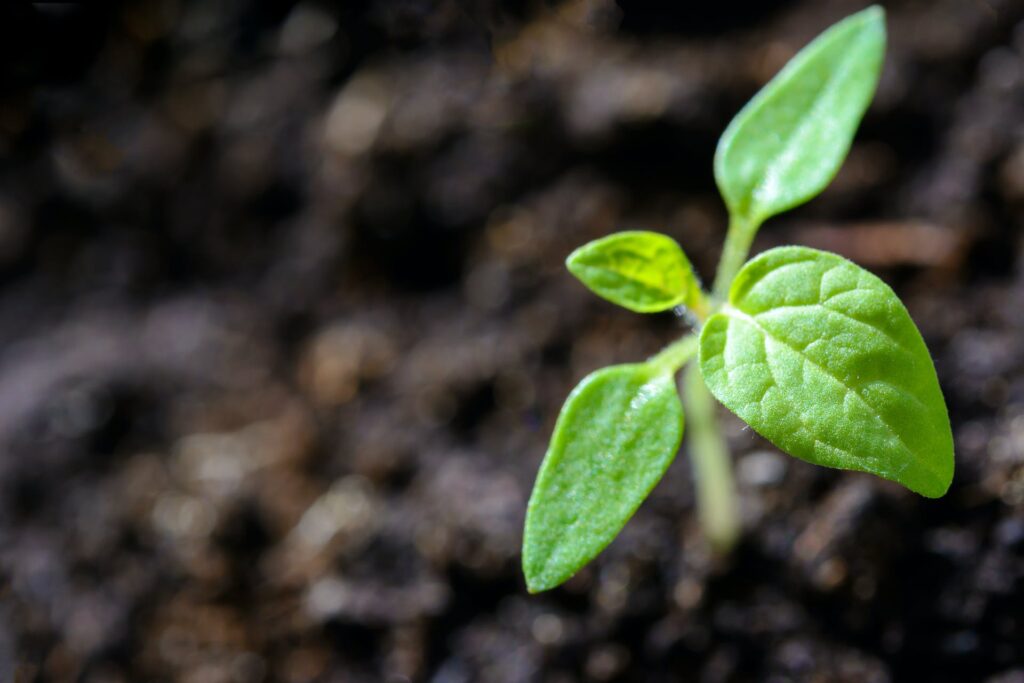
Safe Seed Pledge
Two of the seed companies I recommended above have also signed the Safe Seed Pledge. I have provided a copy below so you can see what they have agreed to:
Agriculture and seeds provide the basis upon which our lives depend. We must protect this foundation as a safe and genetically stable source for future generations. For the benefit of all farmers, gardeners, and consumers who want an alternative, we pledge that we do not knowingly buy, sell, or trade genetically-engineered seeds or plants. The mechanical transfer of genetic material outside of natural reproductive methods and between genera, families, or kingdoms, poses great biological risks as well as economic, political, and cultural threats. We feel that genetically engineered varieties have been insufficiently tested prior to public release. More research and testing are necessary to further assess the potential risks of genetically-engineered seeds. Further, we wish to support agricultural progress that leads to healthier soils, genetically diverse agricultural ecosystems, and ultimately healthy people and communities.
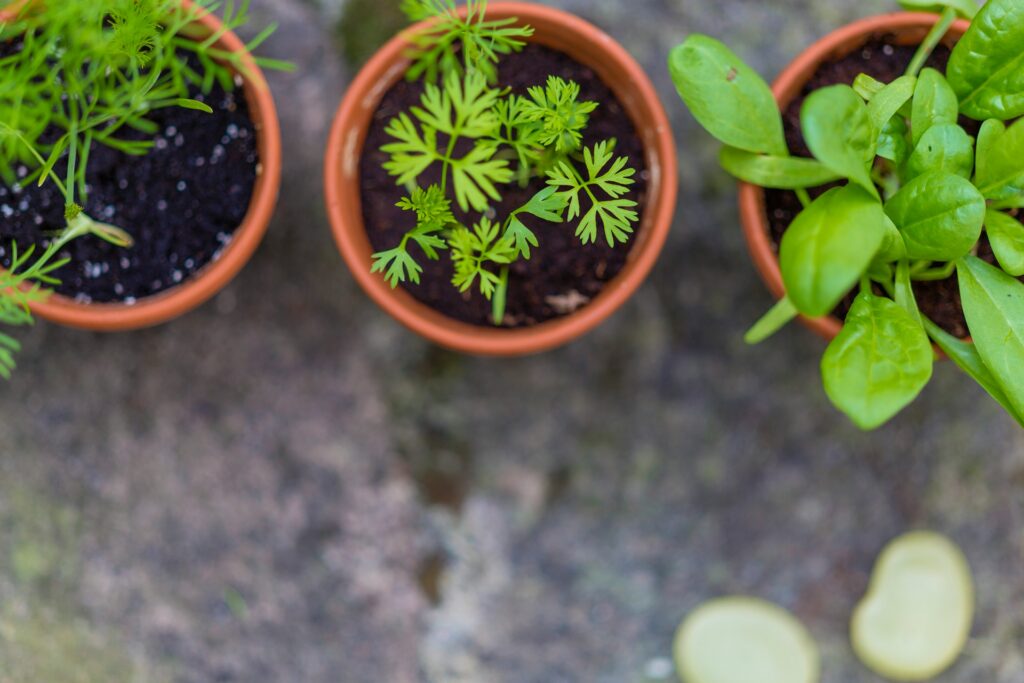
Related Posts
If you are starting a garden this year, I hope you found the resources I shared today helpful for your journey. You may be interested in these posts as well as visiting the “Flora” section of my post tabs on the home page.
